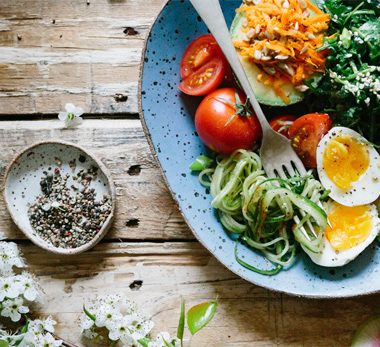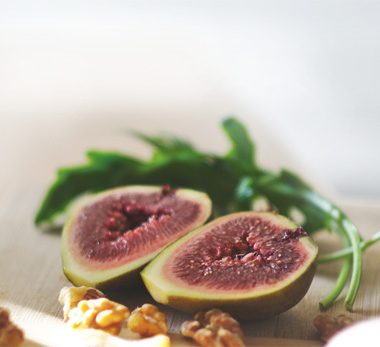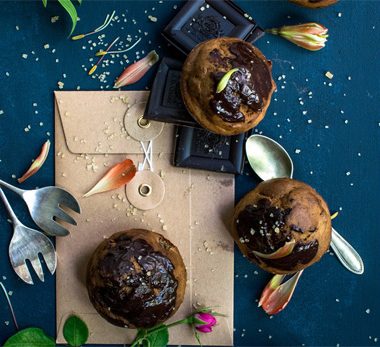Four Steps to Gut Healing

Four Steps to Gut Healing
- Remove (irritants): Foods and chemicals that damage the gut. Use the elimination diet as your guide.
- REPLENISH (digestive power): Consider digestive enzymes, digestive bitters, and of course slowing down, to support digestion during the healing phase
- REPAIR (mucosal barrier): Initiate healing with foods and specific supplements listed below.
- RESTORE (bacteria): You inner-ecosystem plays a vital role in keeping you healthy. Use fermented foods and select probiotics (with the guide of a practitioner) to restore bacteria.
Nutritional Support:
Supplemental Support
- Licorice Root (DGL): An herb that stimulates protective mucus secretion may also help promote healing. DGL can also balance cortisol levels and improve acid production in the stomach. It is particularly helpful for those that experience digestive issues related to emotional stress. Take 500mg 2x per day. Another herb, marshmallow root extract has been beneficial to many for some of same reasons.
- Probioticsare hugely beneficial: Specific strains of bacteria including, lactobacillus casei, bifidobacter species, and saccromyces boulardii (a beneficial type of yeast) are all important to restore gut health. Ideally fermented foods are best. For probiotics look for at least 50 billion units of probiotics daily from a high quality brand.
- Omega 3 Fish oil can be very helpful in the treatment of intestinal inflammation by decreasing inflammatory prostaglandins. EPA and DHA should be used in the range of 2-4gm daily.
- Quercetin functions as a natural mast cell stabilizer and decrease release of histamine, which contributes to inflammation and injury caused by food allergies. It has also been shown to be effective for ulcerative colitis. Ideally, quercetin should be used in powder form and taken 3x daily at 500mg per dose.
- Zinc supplementation has been found to be quite effective at tightening up the intestinal tight junctions in people with Crohn’s disease. A zinc deficiency can also lead to inadequate enzyme functions and a susceptibility to inflammation in the gut.
Lift the toxic burden:
- Eliminate all known foods that you are sensitive to. This can be determined through the 10-day Elimination Diet (which remove the top foods allergens, especially gluten, dairy, soy).
- Avoid or minimize alcohol consumption. Avoid over the counter medications like NSAIDS (ibuprofen, Motrin, Aleve).
- Get an oil change: Stop using hydrogenated vegetable oils and “faux” butter spreads.
- Use digestive enzymes temporarily to support the digestive process until inflammation has resolved








